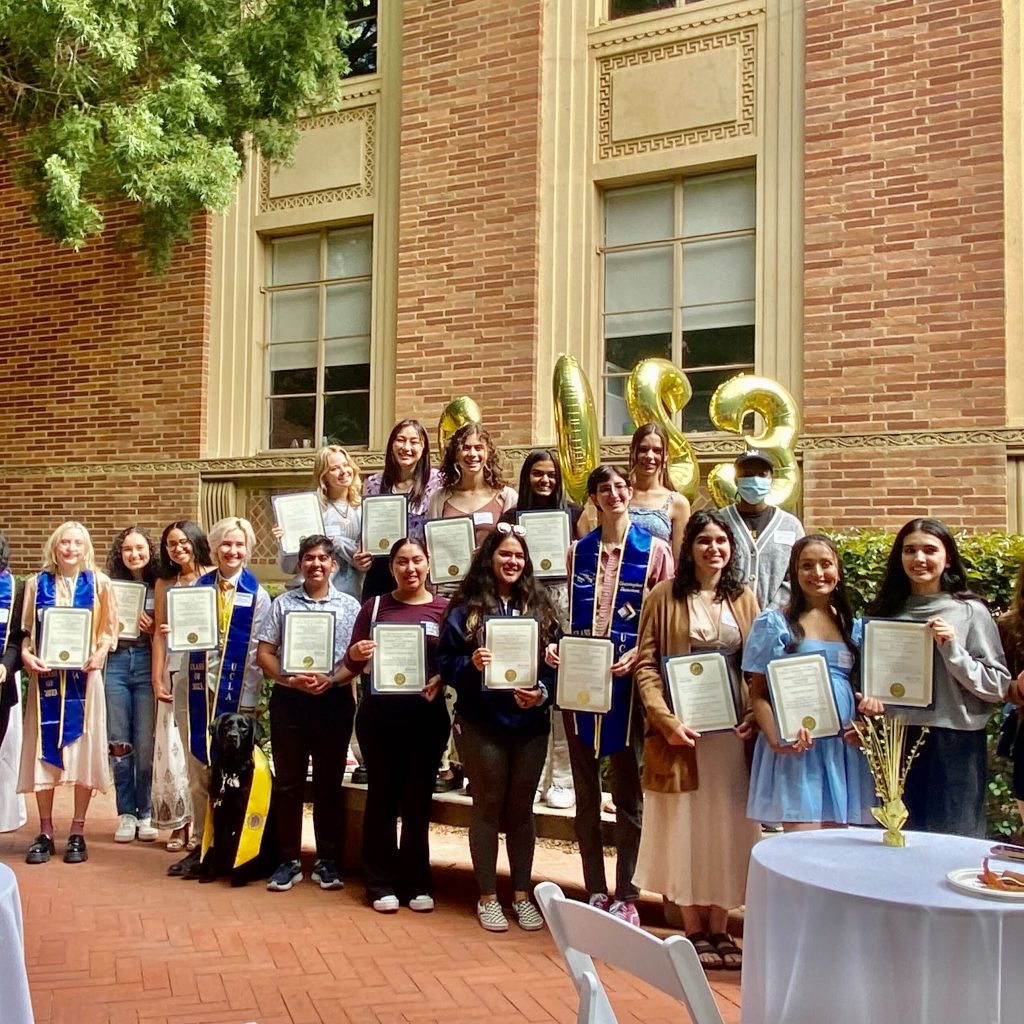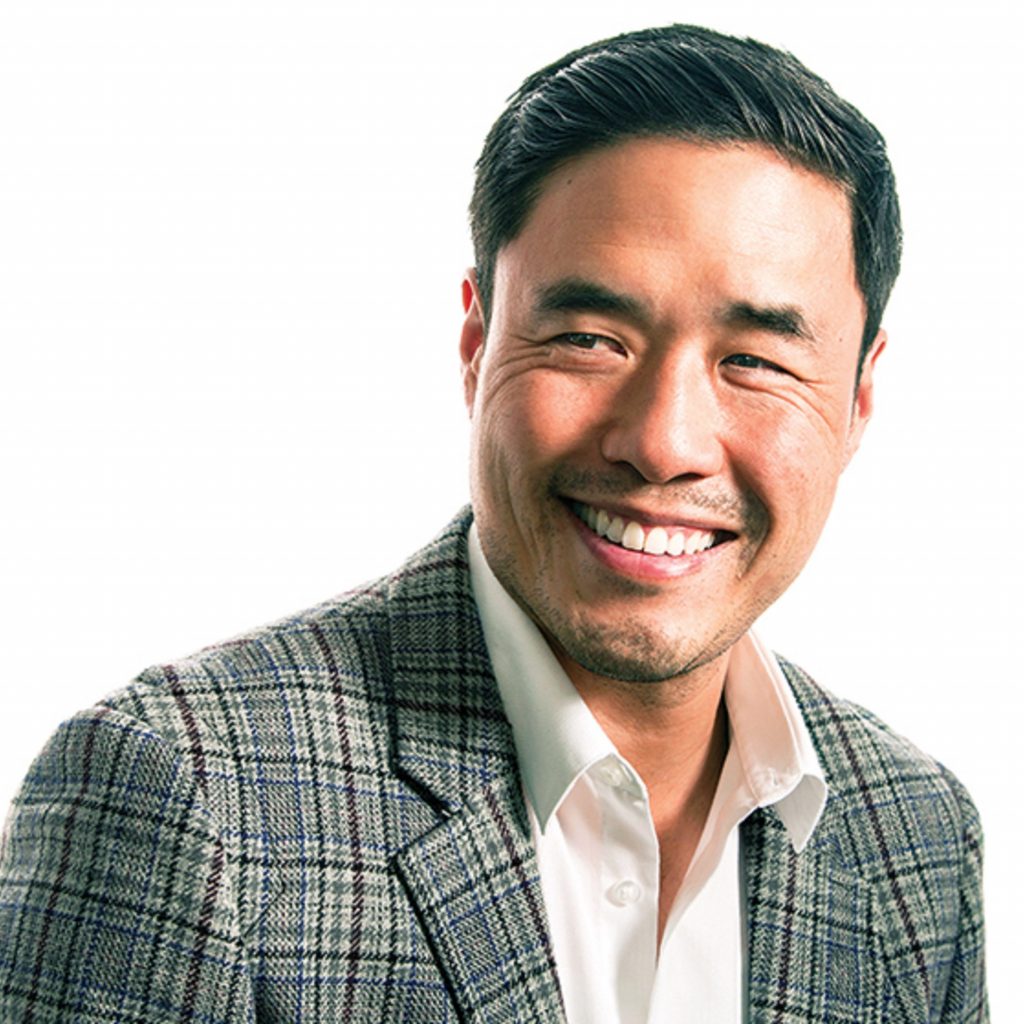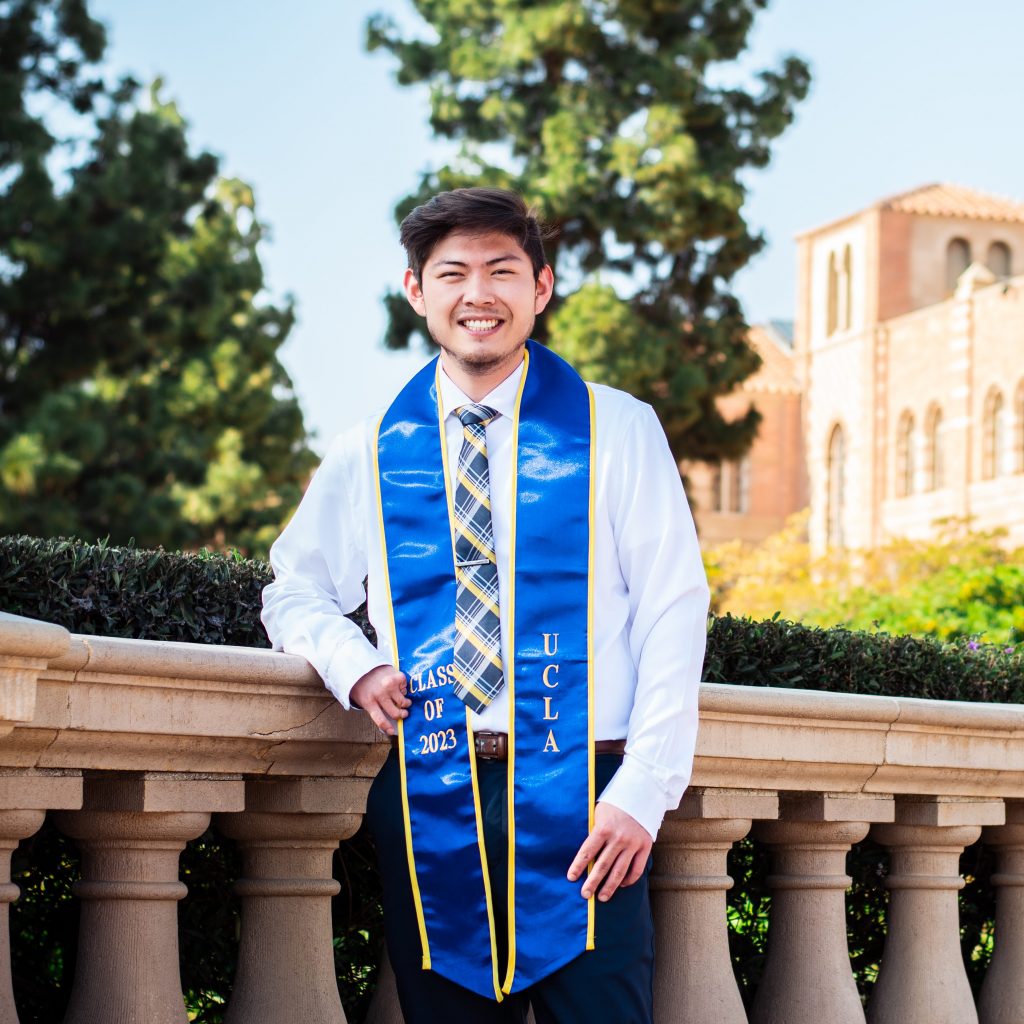UCLA Disability Studies hosted an online conversation with Rosemarie Garland-Thomson and Yomi S. Wrong on March 9, 2022 discussing the field of disability studies and how it is or should be engaging with bioethics, the healthcare systems, and healthcare policy.
The conversation was co-moderated by Juliann Anesi and Beth Ribet and had CART captioning and ASL interpretation.
View the recording with closed captioning below.
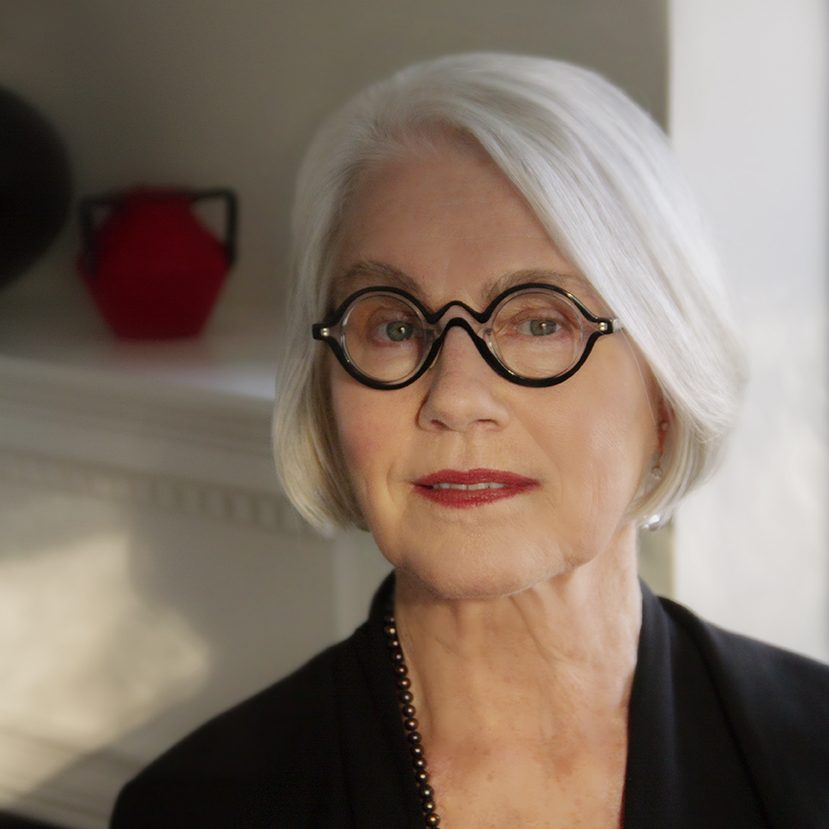
Rosemarie Garland-Thomson, PhD, is professor emerita of English and bioethics at Emory University and a visiting professor of healthcare ethics at UCLA.
RGT is a senior advisor and fellow at the Hastings Center, where she is also chief project advisor for “The Art of Flourishing: Conversations on Disability and Technology,” a project supported by the National Endowment for the Humanities. She is also a 2020 National Endowment for the Humanities Public Scholar and a Phi Beta Kappa Visiting Scholar for 2021-22. RGT offers expertise in the equity, knowledge, culture, and ethics of disability to a broad range of institutions and communities, with a focus on the areas of medical humanities, healthcare ethics, and diversity and inclusion initiatives that go beyond compliance.
How do we think about disability, health, and healthcare systems in the present moment?
In addition to being an English teacher, I have recently taken on the label of being a bioethicist. I wanted to be able to engage with people and institutions in healthcare in the broadest sense and in medical science, to shift my audience and to try to speak with and have perhaps some influence and bring my own knowledge base to people in this — in healthcare, in the very broadest certain, because it is where it is health care as an institution, where disability and disability policy and practice is generally carried out. And this has been an enormous reach for me.
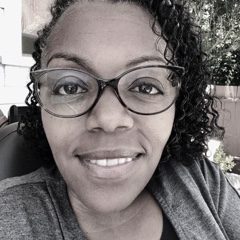
Yomi S. Wrong is a consultant, trainer, activist and self-described disability justice dreamer who works at the intersection of disability advocacy and equity in health care.
She serves as an ADA/504 compliance manager Sutter Health, a large, integrated system of hospitals, surgery centers and outpatient clinics located in Northern California. Prior to working in healthcare, Yomi served as Executive Director of the Center for Independent Living in Berkeley CA, the nation’s first cross-disability service and advocacy organization run by and for disabled people.
How do we think about disability, health, and healthcare systems in the present moment?
In healthcare, there has been tremendous social disrespect shown to sick and disabled people during this pandemic. It really is a form of violence. There are people who are … fighting to stay alive because they want to see the next moment, right. There are communities and populations where people have just died and gotten so sick and not gotten the care that they needed. And it’s treated as just acceptable losses. There is very clear violent messaging at the highest levels of our government that people who are sick and disabled have to live with this. We have to try to navigate to take care of ourselves. Even at UCLA, we have disabled students and other groups who are organizing to try to stay safe, to not lose traction with some of the digital advances we have made, who have found a way to participate in school. There are people who are pretending like we should be just going back to normal. Well, there is no normal anymore.
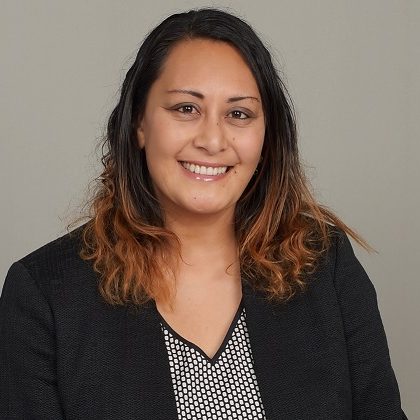
Juliann Anesi is an Assistant Professor of Gender Studies at the University of California – Los Angeles. Her research interests include disability and indigeneity, educational policies, and decolonial feminisms.
As a community educator and activist, she has also worked with non-profit organizations and schools in American Sāmoa, California, Hawai`i, New York and Sāmoa. Juliann’s work has appeared in venues including Disability and the Global South, Women and Social Movements in the United States, 1600 to 2000; and Disability & Society. She is currently at work on a book manuscript, Tautua: Women’s Disability Activism in Sāmoa.
Dr. Beth Ribet is the Director and Co-Founder of Repair and earned her doctorate from the University of California-Irvine in 2005, in Social Relations (Sociology & Anthropology), and her JD from UCLA Law in 2009, with a concentration in Critical Race Studies. She wrote her doctoral dissertation based on interviews with Jewish daughters of Holocaust survivors in the United States. In addition to her non-profit sector work, Dr. Ribet is a lecturer in Gender Studies and Disability Studies at UCLA, and has taught previously at UCLA Law and Columbia University Law, among other institutions. Virtually all of her research and teaching incorporates some focus on the role of subordination, violence and inequity in creating new disabilities, injuries and illnesses among vulnerable populations. She also speaks publicly as a survivor of violence, and a person with disabilities.
